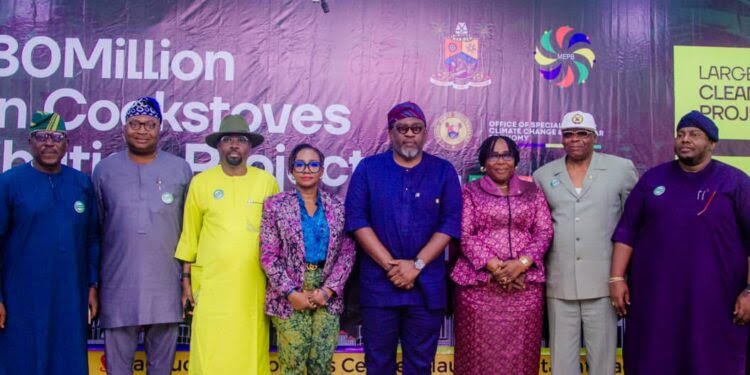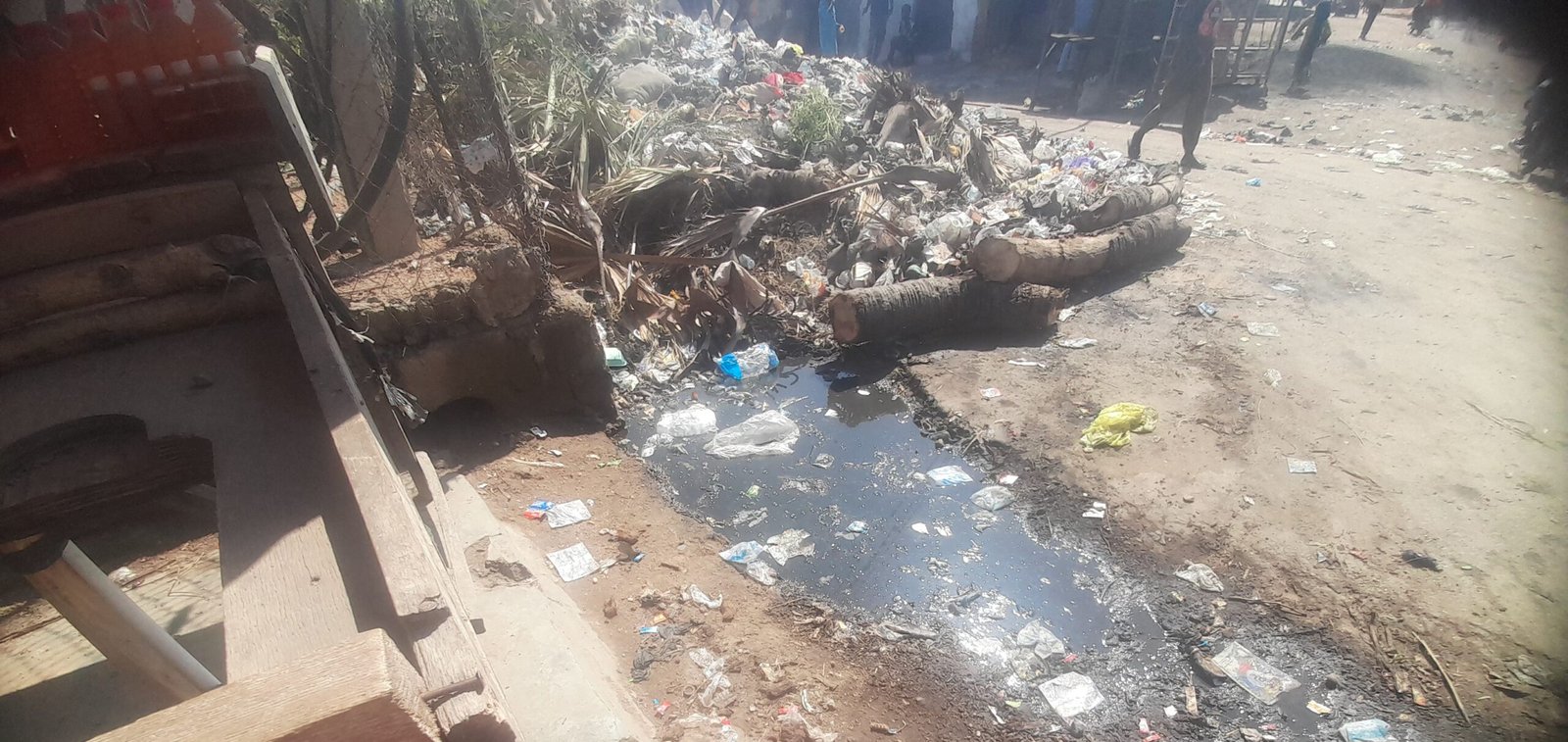Korede Abdullah in Lagos
Lagos State is set to pioneer Africa’s first subnational carbon exchange, the Lagos Carbon Exchange (LCX), expected to generate over $1 billion in revenue within the next 15 years through the trading of 1.2 million certified carbon credits.
The announcement came during the launch of the “80 Million Credit Float Project” at the Bagauda Kaltho Press Centre, Alausa.
“The initiative would generate 1.2 million carbon credits, bringing in over $1 billion in revenue over 15 years to support infrastructure, social programmes and climate projects,” said Special Adviser to Governor Babajide Sanwo-Olu on Climate Change and Circular Economy, Mrs. Titi Oshodi,.
The LCX is part of a broader partnership with GreenPlinth Africa to drive climate finance and social development through the distribution of 80 million eco-loans and the creation of 35 million green jobs across Nigeria.
Lagos State Commissioner for Economic Planning and Budget, Ope George, affirmed that the programme aligns with the THEMES Plus Agenda and would “serve as an economic catalyst, especially by reducing indoor air pollution and improving public health outcomes, particularly for women and children.”
Revenue from carbon credit trading will be reinvested in key areas such as clean energy, healthcare, climate-resilient infrastructure, and green transportation.
Key initiatives under the programme include the free distribution of six million clean cookstoves, starting in Makoko in June 2025, and the rollout of a “Pay-to-Cook” scheme offering households ₦10,000 annually to promote clean cooking practices.
Additional measures include free health insurance for beneficiaries, renewable energy support for small businesses, and green funding of ₦1 billion per year across all 57 local councils.
Oversight is provided by a national advisory board chaired by Governor Sanwo-Olu, with Governor Mohammed Umar Bago of Niger State as Deputy Chairman, alongside a coalition of regional, private sector, and civil society representatives.



